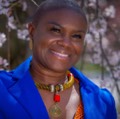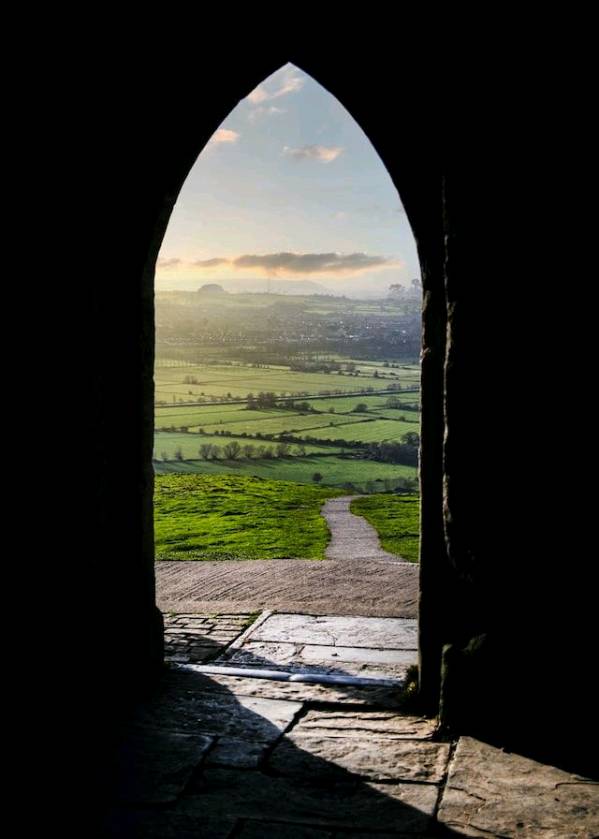Stereotypes aren't the enemy; it's what we do with them that's important.
Stereotypes. And even labels are not the enemy, necessarily, but it's what we do with them that matters. I think of stereotypes and labels as tools of, let's say, opportunity. I think of them as doorways. And we can choose to keep that door closed and work with the superficial idea of this label, this stereotype, this idea of or we can open that door and seek further exploration and understanding. So here are two rough examples. The first would be the artist

J.L. Beasley
@Her_Sisu · 4:59
The baby's lab values were critical. The baby really could have benefited from a blood transfusion. However, because the family was Jehovah Witness, they did not believe in blood transfusions. So in walks the doctor said, when the mom comes, please call me, page me, because I really need to speak with her about other options. So this blue eyed, blonde haired woman walks in and comes straight to this. I'm at a different patient's bedside. She can walk straight to that bedside
I mean, some of it, I'm sure, is environment and upbringing and so on. And then I guess some of it is some of those pill little moments. But I will never forget him. He made me feel okay and all those feelings and thoughts going through my head. It was a gift in a way. And he never said a word
Swell Team
@Swell · 0:15
It kind of opened my eyes about that a little bit and made me think of so I see peer pressure as actually being neutral can be both positive and negative. And I've taught parents that we think of it as negative. But there is sometimes groupthink can actually help us. And I found in one example is in potty training with children. I worked first in a preschool setting and then became a professional nanny

jalina upchurch
@YaGirlNikki · 4:04
Well, how do you close a door when it comes to a certain type of stereotype of a certain culture or a certain person or like I have heard growing up in the African community, we love chicken. I do love chicken but that's not the only food that I like to eat. We don't always just eat chicken
If somebody couldn't follow the social rules, let alone the written or legal, quote unquote laws or rules, then they were ostracized. And so we do use these as tools. But it's interesting how easily they can also go wrong
They could deconstruct and dissolve some of those stereotypes. And I think it's so important that you're right. We're curious and we ask questions, and we don't just stop at chicken or any other stereotype, right? It's so important that we, that we're curious, that we seek to ask questions and seek to understand

J.L. Beasley
@Her_Sisu · 4:46
Now, the ones that don't really speak to me, I'm cool with them, like, okay, I don't really want to speak to you either. And not them just because they're white, but just people. Sometimes I'm not in the mood to just be peopleing. Like, I want to walk my dog in peace, use that time to meditate, do my swells or pray or whatever, or just be observant of nature and grateful for nature
Or there's just so many factors and facets involved that I think these types of stereotypes or biases are helpful initially, like I've said, that initial doorway to if we have to make snap judgments for our own safety, but they're definitely not for us to stay at that space, right? Because if we did that, then we would judge every man under the same ideas. And we can't do that. But I do think that for safety reasons, we have to start there anyway


